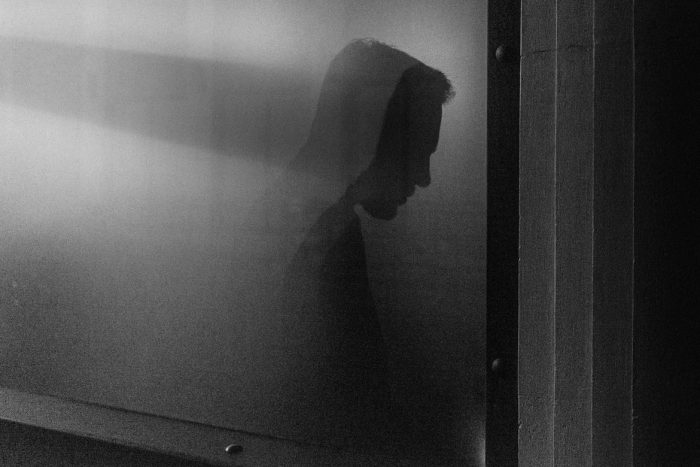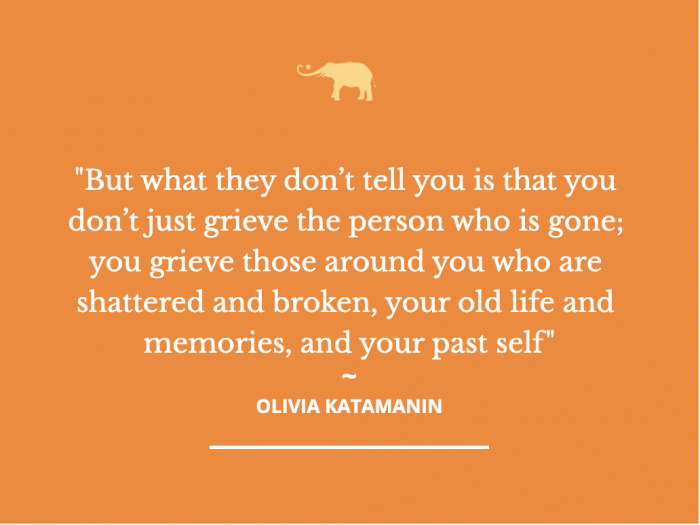Author’s note: Content discussed in this blog post may be triggering to some people. If you are having suicidal thoughts, contact the National Suicide Prevention Lifeline at 1-800-273-8255 for support and assistance from a trained counselor. If you or a loved one are in immediate danger, call 911.
~
In the few survivors of suicide sibling support groups I belong to on Facebook, one of the most common phrases seen across all posts refers to the surviving siblings as the forgotten grievers.
I ran into a friend of my mom’s on the street a few weeks ago while on my regular walk along lakeshore drive. Tears were still in my eyes while my face was swollen from crying. I heard her call my name, but I kept my head down, hoping that she would think she was mistaking me for someone else. She came closer to me and repeated my name until I finally looked up at her.
“How is your mom doing, honey?” was the first question she asked as I lifted my head.
I shrugged. “We are all doing the best we can.”
I took notice that throughout the entire conversation, she hadn’t asked once about how my older brother and I were doing. Yes, losing a child is unbearable, and I would never attempt to compare or begin to imagine the grief my mother feels daily. However, the pain siblings feel is nonetheless still incomprehensible until the moment you, yourself, feel that pain. It is just as important for people to check on the siblings who are still surviving as it is to ask about the parents.
I once saw a quote that resonated deeply with me. The quote goes as follows: “When you lose a parent, you lose your past. When you lose a child, you lose your future. When you lose a sibling, you lose both.”
I lost a parent and a sibling, and I can speak from experience when I say these are two different types of bereavement. It’s clear why these are different; a parent serves a very different role than a sibling does unless your sibling takes the role of a parent in your life—which was my case.
When it comes to grief, there are certain things that people don’t tell you about. You hear the “it comes in waves” analogy, which is true. There are days when I am drowning, barely able to make it to the surface for gasps of air. Then there are days when the sea is calmer, and I am able to float with the help of those around me. And then there are rip currents that spin you around and pull you back under, and they can come out of nowhere—they are utterly unpredictable.
But what they don’t tell you is that you don’t just grieve the person who is gone; you grieve those around you who are shattered and broken, your old life and memories, and your past self. The grief is constant, it just takes different forms, which may be lighter than others.
It is essential to understand that grief is not linear. Whether you are reading this because you share this experience or because you know someone who does, I hope this post shows you that you are never alone in your grief. I hope this post encourages you to reach out to the forgotten grievers.
~
Men are also the forgotten grievers.
Men are expected to constantly “be strong” and suppress their emotions, even while they are grieving. It is often seen as taboo for men to break down and express their strong emotions and lean on others around them for support. As a result, men learn how to mask their pain, suppressing it until they can no longer deal with it.
There is an ongoing global male mental crisis gap. Suicide is the second leading cause of death among 10 to 34 year olds globally; and in the United States, over 75 percent of those suicides are males. This enormous disparity between males and females is highlighted when delving into men’s mental health statistics. For example, according to an article published in Forbes, 40 percent of men admit that they won’t talk to anyone when in a crisis. These men cite reasons for not wanting to ask for help as embarrassment, fear of being a burden, or simply because they feel they do not have anyone to talk to.
While November is Men’s Mental Health month, I want to emphasize that November is not the only month to talk about the importance of men’s mental health. November is not the only month where men should feel supported when opening up about their mental health. Reach out to the men in your life and remind them that there are many resources and safe spaces for them to come to. It is okay to ask for help; in fact, it is encouraged.


 Share on bsky
Share on bsky






Read 0 comments and reply